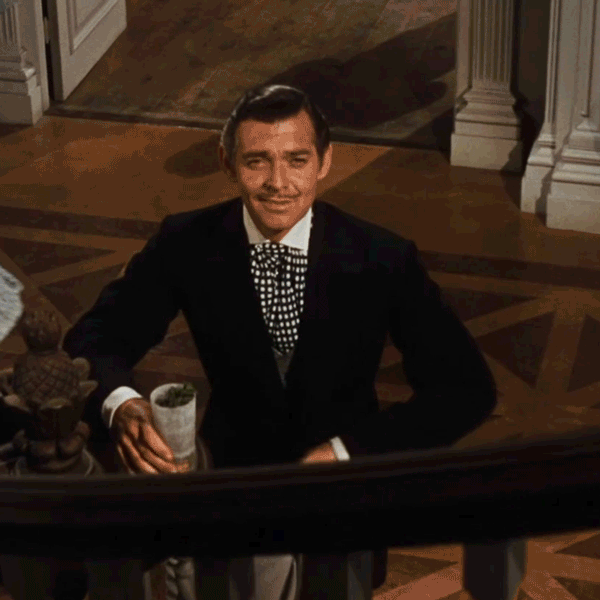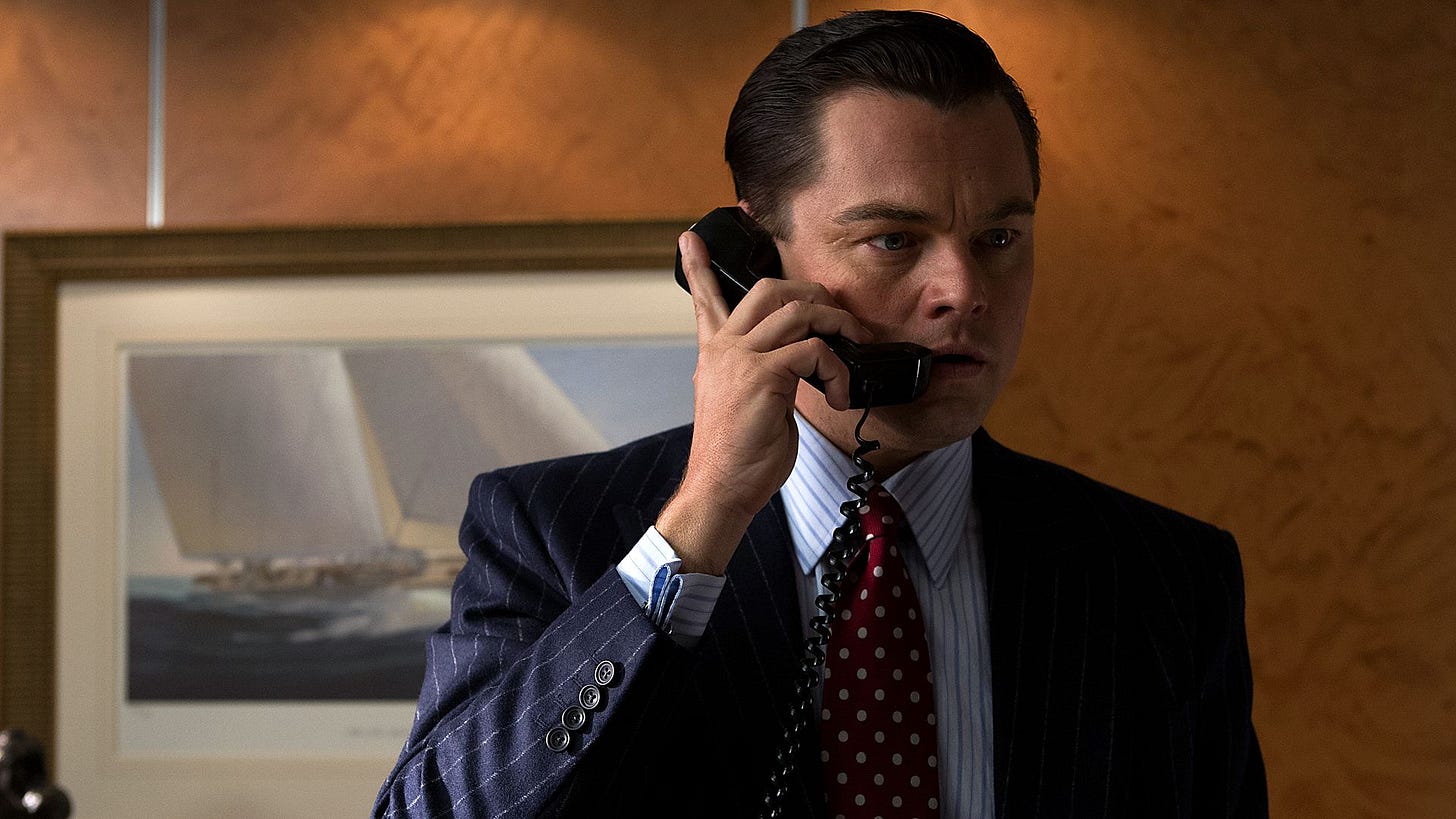GROSS/30 1939 - Gone With The Wind - a Confederate monument
Rhett Butler is a Promethean hero
Gross is every year’s top-grossing movie, since 1913, reviewed.
GONE WITH THE WIND, VICTOR FLEMING, SELZNICK INTERNATIONAL PICTURES/METRO-GOLDWYN-MAYER, 1939, 238 MINUTES. CLARK GABLE, VIVIEN LEIGH, OLIVIA DE HAVILLAND, LESLIE HOWARD
Gone With The Wind is a big deal. A vast melodrama (almost four hours), a revisionist history of the civil war, an apologia for slavery and a cause célèbre that still prompts argument and loud calls for a ban every time it’s screened. It’s a Technicolor gem and it might be the last of the great romantic dramas that defined the first decade of the sound era. And at its centre is a character so compelling that he’s getting the whole of this post to himself.
Rhett Butler (Clark Gable) is the hero of this film. He’s a brute and an opportunist. An ambitious Southern entrepreneur who refuses to be held back by his milieu, by the South itself and its antique culture, its suffocating day-long heat and its frozen class structure. He’s a worldly man. In fact, he’s the most worldly man in all of cinema. He’s hard-hearted but he’s always right.
Every single judgement Rhett arrives at, every decision he makes, every cruel or incendiary statement he can’t help himself making in this movie is correct, up to and including his famous, brutal departure (“Frankly, my dear, I don’t give a damn”). He’s right about Scarlett O’Hara (Vivien Leigh), about Tara - her treasured family estate - about all the women and all the men in the film, including his opposite pole in this morality tale - stupid, noble, backward Ashley Wilkes (Leslie Howard). He’s right about parenthood and business and government - about property and propriety and love.
He’s right about the civil war and about the fate of the South too. He’s especially right about those. In the present we’d call him a realist. In Ukraine he’d be calling for a land-for-peace deal (while making an obscene fortune from selling artillery shells to both sides).
He’d find the loss of life in the fields of Eastern Ukraine to be a catastrophic waste - not a human tragedy but a stupid, pointless sacrifice in the name of the shallow fiction of nationhood. He’d see right through every pretence of the war - Western respect for Ukrainian sovereignty, the unvarying resolve of the allies, the perfect nobility of the Ukrainian fighters.
Rhett clearly sees the South’s fate. He knows that an agricultural economy, wedged up against a more modern one and cut off from easy access to markets cannot win a war. He knows that an economy dependent on an enslaved workforce and commodity crops cannot thrive in this changing world, cannot compete with the industrialising North and with the consolidating and modernising European states.
He’s no coward but he reserves his heroism for the very last days of the war, after the defeat, when his involvement will serve only him and not the witless generals who ploughed into the soil the blood of hundreds of thousands of men, knowing all along that they could not win, could not restore the South nor protect its brutally exploitive economic model from extinction. Rhett is set against these cynical and shallow heroes of the Confederacy, honoured even in their defeat, while he walks away to live another life.
Rhett Butler is one of the most famous villains in the movies. We never doubt that he’s this tragedy’s prime mover, the only fully-formed man without sentimentality or illusion or nostalgia for the old South. Without Rhett this melodrama would have been just a nasty hymn to the old ways. With him it’s a complicated argument with the old ways.
Rhett’s a moderniser, a man out of time, an industrial-era capitalist in a backward, semi-feudal land. He’s the only man in the story to have a life and a livelihood beyond the South, links with the modern world. In Paris and London he trades, profits from ocean blockades and tariffs and from his access to embargoed goods and foreign treasures. In a contemporary story he’d be a vulture capitalist or a trader, phone pressed to his ear, striding round his corner office, executing trades and closing deals. An arbitrageur impatient for the next transaction.
Throughout the film, he’s an agent for change, for novelty, for new settings, new arrangements and new markets. He enters and leaves the narrative repeatedly, impatiently, while Scarlett and the others are stuck in the timeline - oscillating in place while Rhett orbits their world. He’s a Promethean hero who leaves it all behind more than once and then, finally, once and for all. He won’t look back.
Slavery underwrites the Southern economy and the comforts of the elite families in Gone With The Wind. It animates the narrative and leaves contemporary audiences feeling uncomfortable and helpless. There’s an explanatory card at the beginning of this version that reads: “Gone With The Wind is a product of its time and depicts racial and ethnic prejudices that have, unfortunately, been commonplace in American society. These racist depictions were wrong then and are wrong today. To create a more just, equitable, and inclusive future, we must first acknowledge and understand our history. This picture is presented as it was originally created.” If it was an actual monument it would have been toppled and pushed into the harbour by now.
I’ve done a poor job of telling you what happens in Gone With the Wind and you’ll need some guidance - it’s a long film. Here’s the IMDb synopsis.
There are other characters in the film, notably Vivien Leigh’s incandescent Scarlett O’Hara. I hardly know where to start, she needs her own post. David Thomson says “Clark Gable was so perfect that his indifference and laziness hardly mattered—they actually give Rhett a glow of amiability. Vivien Leigh was the miracle…”
Gone With The Wind is on Amazon Prime Video and elsewhere. There’s a bargain-priced Blu-Ray.
Here's a list of all the top-grossing films since 1913 and here's my Letterboxd list and here’s another top-grossing list.




